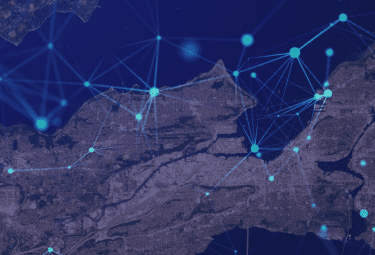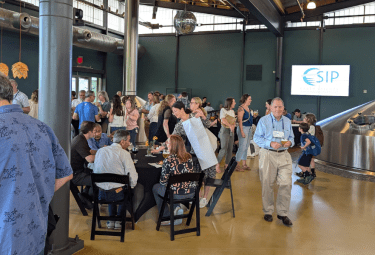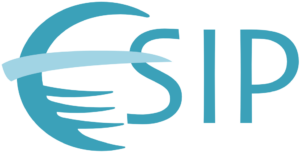Innovation to Impact. See you at the July ESIP Meeting.
ESIP News & Stories
Interested in collaborating? Get involved with ESIP
We welcome participation from individuals and organizations across disciplines and domains. If you're working with Earth science data, join your peers and colleagues at ESIP.








